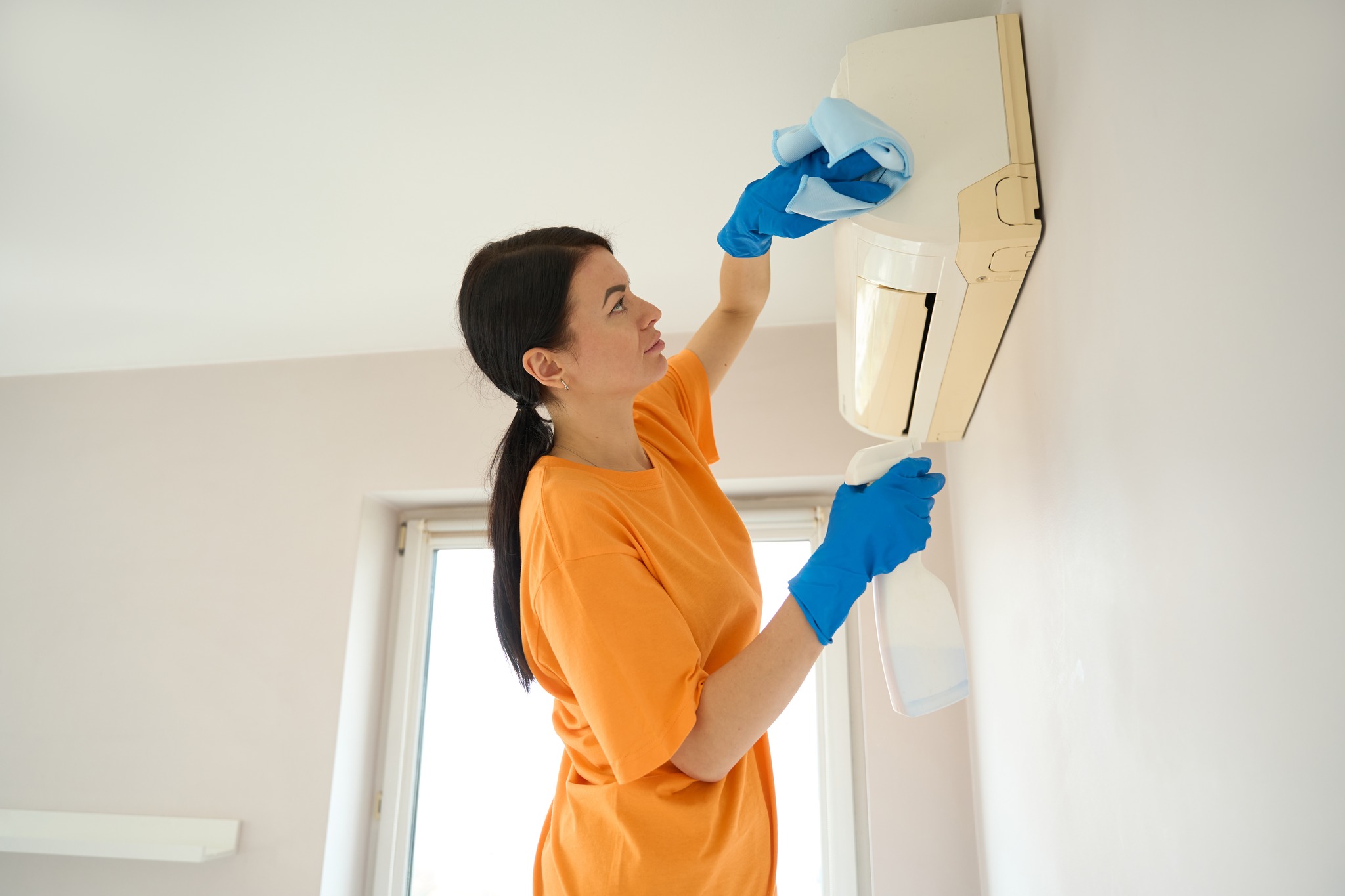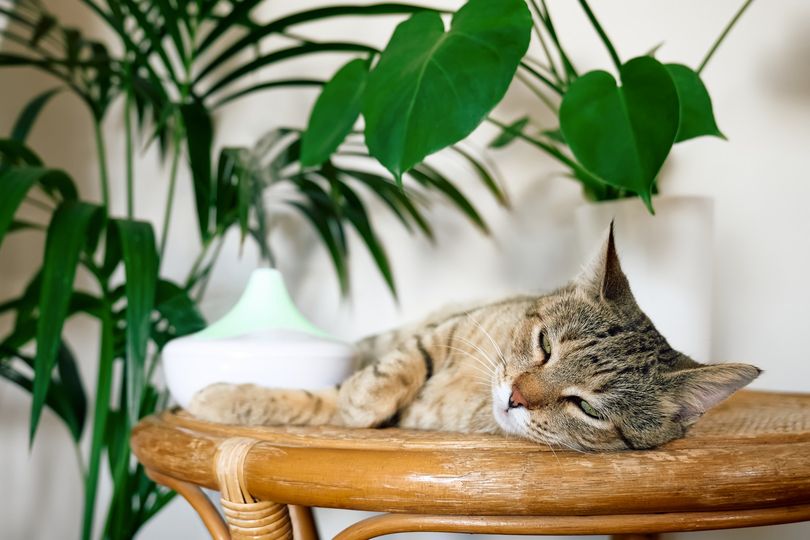Indoor air pollution

FAQ
-
How do I know what size unit I need?
If you have any problems with your system, you should contact the contractor who installed the units. All our systems are covered by a 5 year parts, 7 year compressor limited warranty -
What is a mini-split?
By definition, and simply put, a “Split System” is a heating and air conditioning system which has two main components, the indoor unit and outdoor unit. In short, the indoor unit absorbs heat energy in the cooling mode, and the outdoor unit rejects the very heat absorbed by the indoor unit. And the cycle is repeated until the set temperature is met. Although the indoor and outdoor units are located in physically different, hence “split” locations, they are connected and operate as, one system; continuously circulating refrigerant liquid and vapor by means of interconnecting, dehydrated copper refrigerant lines, commonly referred to as a “Line Set”.
-
What are mini-split advantages?
Just as the name implies, a “mini-split” system is a “split system” however available in smaller capacities, for single room to whole house conditioning. Mini-split systems may range from as small as 9,000 BTUh per hour, comparable to say, a small window AC unit, for individual room use, up to 4 and 5 ton capacities for “Room By Room” (also known as “Zoning”) and whole house conditioning. With near universal design, mini-splits are “heat pumps” which provide both heating and cooling for a home. Here are key advantages when compared to traditional split systems:
Efficiency- Mini-splits are highly engineered systems which offer attractive operating efficiencies, in many instances, eligible for utility company rebates.
Heat Pump- Most mini-split systems are heat pumps, providing year-round comfort.
Solar friendly- Due to very low power requirements, mini-splits are an ideal complement to “Net Zero Energy” homes, or any home using renewable power.
Carbon footprint- Mini-splits are 100% electric, with zero operating emissions of any type.
Zoning- Most mini-split manufacturers offer systems capable of room-by-room “zoning”, to account for peak demands of a room based upon construction type, exposure orientation and usage.
Variable capacity- Mini-splits are typically DC inverter driven. That is, a variable speed compressor which modulates in proportion to instantaneous demand. Most conventional split systems, by comparison, operate with an ON-OFF strategy. (Would you use an ON-OFF switch as the accelerator in your vehicle?)
Location, Location, Location!- Mini-split outdoor units are compact; they can be located far away from noise-sensitive areas, such as bedrooms and home offices. Mini-split indoor units have the ability to be installed where conventional systems cannot.
They’re perfect for additions and remodels where access to current HVAC system is difficult to access.
Modern mini-split systems are remarkably quiet; in fact, many times their operation is unnoticed by the end user. -
Why should I maintain my Furnace or AC?
An annual maintenance will extend the lifetime of your heating and cooling unit. The technician will diagnose and repair any problem with the unit before it fails, so you won't need to worry about any problems when the weather gets very hot in the summer or extremely cold in the winter.
-
Most common Boiler Issues
- Boiler fails to ignite
- Low pressure
- Strange Noises
- Boiler is not responding to the thermostat
- Cold Radiators
- Boiler leaking or dripping
- Boiler cycling very fast
- Available Hot water but No Heat


